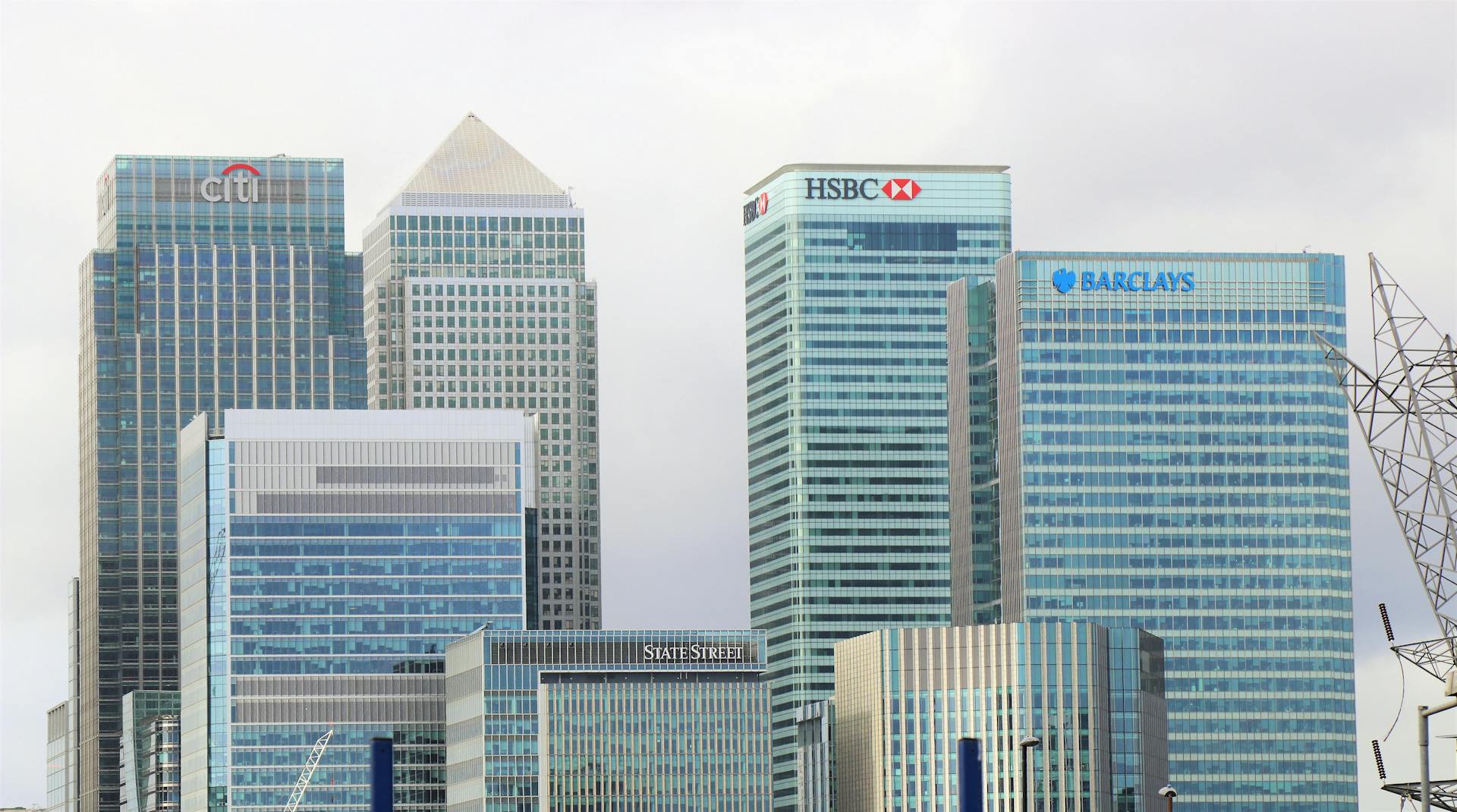Nearly two million people face debt as soaring tax bills mean they are turning to overdrafts to meet HM Revenue and Customs’ (HMRC) demands as the 31 January deadline looms, Royal London has found.
Income tax receipts are expected to soar by around £35bn by 2028/29 as a result of fiscal drag, where rising incomes and frozen tax thresholds tip greater numbers of workers in into higher bands.
Around 12 million people are expected to fill in a self-assessment return for 2022/23. Those required to make a return under current rules include anyone with untaxed income covering those who are self-employed, those who own rental properties, anyone who earns more than £100,000, partners in business partnerships and anyone liable for the high-income child benefit charge.
As a result, research by Royal London found that many find themselves with tax bills they can’t afford or hadn’t budgeted for.
Research by the group, which surveyed 4,000 UK adults, revealed that more than a third (37%) of the 1.8 million people who will turn to overdrafts said they are shocked by the size of the bills they face with "payments on account" adding to the pain.
Of those surveyed, only half of those who are employed had set aside savings to pay their tax bill, compared to 69% of self-employed respondents.
Royal London also found that one in five (18%) of those who are employed said they expected to use overdrafts, while 9% of those who are self-employed said they would do so.
Consumer finance specialist at Royal London, Sarah Pennells, said: "It’s worrying that almost two million people are resorting to their overdraft to pay their tax bill this year, especially when overdrafts can be an expensive way of borrowing.
"People are also getting caught out by higher tax bills than they expect. If you’re going to struggle to pay this year’s tax, you may be able to set up a payment plan with HMRC, but one of the conditions is that you must be within 60 days of the payment deadline, so you must act quickly."
Research by Royal London also revealed a lack of understanding concerning taxpayers’ self-assessment obligations, with 27% of self-employed respondents saying they would not be filing a tax return.
HMRC imposes a penalty of 5% of the tax you owe if you’re more than 30 days late with your payment, with further penalties if you haven’t paid six months after the deadline. On top of that, you’ll be charged annual interest at 2.5 percentage points above the Bank of England base rate, meaning taxpayers could now face a 7.75% interest charge on any late payments.
Pennells added: "It’s equally concerning that there’s so much confusion about the self-assessment system almost 30 years after it was introduced, particularly about who needs to fill in a self-assessment tax return. If you’ve had income that you’ve not been taxed on, the chances are you’ll need to fill in a self-assessment tax return – unless it’s something like dividend income from investments held within an ISA – which is tax free.
"It’s a good idea to build some financial resilience by setting aside some money in a savings account. Look at the total tax you owed this year, from your July and January instalments, and put away a twelfth of that every month in a savings account to prepare for 2025. If you know you’re earning more this year, you may need to increase your monthly savings. Best buy easy access savings accounts are paying around 5% interest – so if you start saving now – you may even have a bit of extra interest this time next year."
Latest News
-
Metro Bank hits record growth in corporate and commercial lending
-
Intermediary confidence softens slightly in Q4 – IMLA
-
Record flows drive Quilter’s AUMA to £141bn
-
8.6 million savings accounts exposed to tax
-
Mortgage lending rises 16% in 2025 – UK Finance
-
Nationwide doubles households who can benefit from 0% green home borrowing
Mortgage Advice Bureau and AI in the mortgage sector
Chief executive officer at Mortgage Advice Bureau, Peter Brodnicki, and founder and managing director at Heron Financial, Matt Coulson, joined content editor Dan McGrath to discuss how Mortgage Advice Bureau is using artificial intelligence to make advancements in the mortgage industry, the limitations of this technology and what 2026 will hold for the market
Perenna and the long-term fixed mortgage market

Content editor, Dan McGrath, spoke to head of product, proposition and distribution at Perenna, John Davison, to explore the long-term fixed mortgage market, the role that Perenna plays in this sector and the impact of the recent Autumn Budget
NEW BUILD IN FOCUS - NEW EPISODE OF THE MORTGAGE INSIDER PODCAST, OUT NOW

Figures from the National House-Building Council saw Q1 2025 register a 36% increase in new homes built across the UK compared with the same period last year, representing a striking development for the first-time buyer market. But with the higher cost of building, ongoing planning challenges and new and changing regulations, how sustainable is this growth? And what does it mean for brokers?
Does the North-South divide still exist in the UK housing market?

What do the most expensive parts of the country reveal about shifting demand? And why is the Manchester housing market now outperforming many southern counterparts?
In this episode of the Barclays Mortgage Insider Podcast, host Phil Spencer is joined by Lucian Cook, Head of Research at Savills, and Ross Jones, founder of Home Financial and Evolve Commercial Finance, to explore how regional trends are redefining the UK housing, mortgage and buy-to-let markets.
In this episode of the Barclays Mortgage Insider Podcast, host Phil Spencer is joined by Lucian Cook, Head of Research at Savills, and Ross Jones, founder of Home Financial and Evolve Commercial Finance, to explore how regional trends are redefining the UK housing, mortgage and buy-to-let markets.
© 2019 Perspective Publishing Privacy & Cookies









Recent Stories